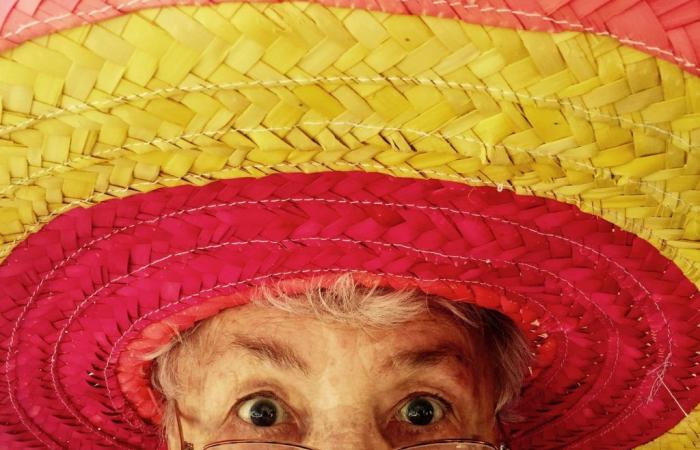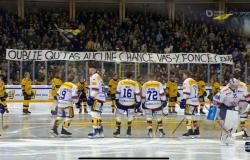The word “old” is often considered indelicate. But it is the disease of the times that makes us believe this, the one that wants us to use euphemisms not to name things as they are. Before, we simply talked about elders or old people. Then we started talking about “elderly people”, as if that took some of the weight of age off them, as if it was more respectful, as if it made them less old, then we found it more elegant to talk about the “third age”, and even the “fourth”, then “seniors”…
One of the latest inventions comes from marketing whizzes who developed the idea of “silver generation” – “the silver generation”, “money” not referring to their supposed wealth but to the color of their hair. Although… marketing is interested in the money generation… for their money, obviously.
So, it’s true that old is relative. An Ipsos survey from March 2019 reveals that, for the French, on average, people are old from 69 years old. The World Health Organization uses the limit of 60 years to define “elderly people”. And an American-German study reveals something quite obvious, basically: the older we get, the more we estimate that “old” is a little later. The 74 year old respondents judged, for example, that we were old at 77.
Why talk about this expression today? This is what I received the magazine Vieux – a very young magazine since it is only in its number two. Vieux“the magazine we will all end up reading,” proclaims the subtitle. What caught my attention on the cover of this issue was a file entitled “Do you speak young people?” with the subtitle “Why language always ends up making us old and stupid”. Quite a program! But it’s true enough – well, for the second adjective, it’s not necessary, probably.
As linguist Julie Neveux writes in her article, “If we have young children or grandchildren, it is difficult not to face the fact that [nous ne parlons] not the young people of today… but the young people of yesterday. It’s also difficult not to be offended.”
JSS is “I am”
I have a son in his thirties, therefore no longer considered really young, and a grandson who doesn’t yet pronounce consonants very well… I didn’t realize how well I spoke old. So, indeed, I learned, in this issue of Vieux. Particularly when it comes to abbreviations in SMS.
Small SMS glossary for old people like me. You know what it means DSLfriends of words? “Sorry.” JSSit is “I am”. GRVit’s “serious” (serious in the sense of many, as in “I love you seriously”). NOit reads i-zi, in English: it was called ostentatious, as a young person from the 1980s.
We can criticize these generational uses, but, as Gérald Arno wisely points out in his article, our professional emails to us, the old ones, are full of ASAP which mean “as soon as possible” and ending with CDT which means cordially, and even the little pieces of paper that we leave on the kitchen table with the shopping list often begin with a STP because we were too lazy to write “please” in full. In short, today’s young people are not the culprits of inventing shortcuts. And, whether they like it or not, soon they will become old people from whom the language of the young escapes a little. Because one thing is certain, old, we all become old. As I don’t remember who said, “Growing old is still the best way we have found to avoid dying young.”
Read more






